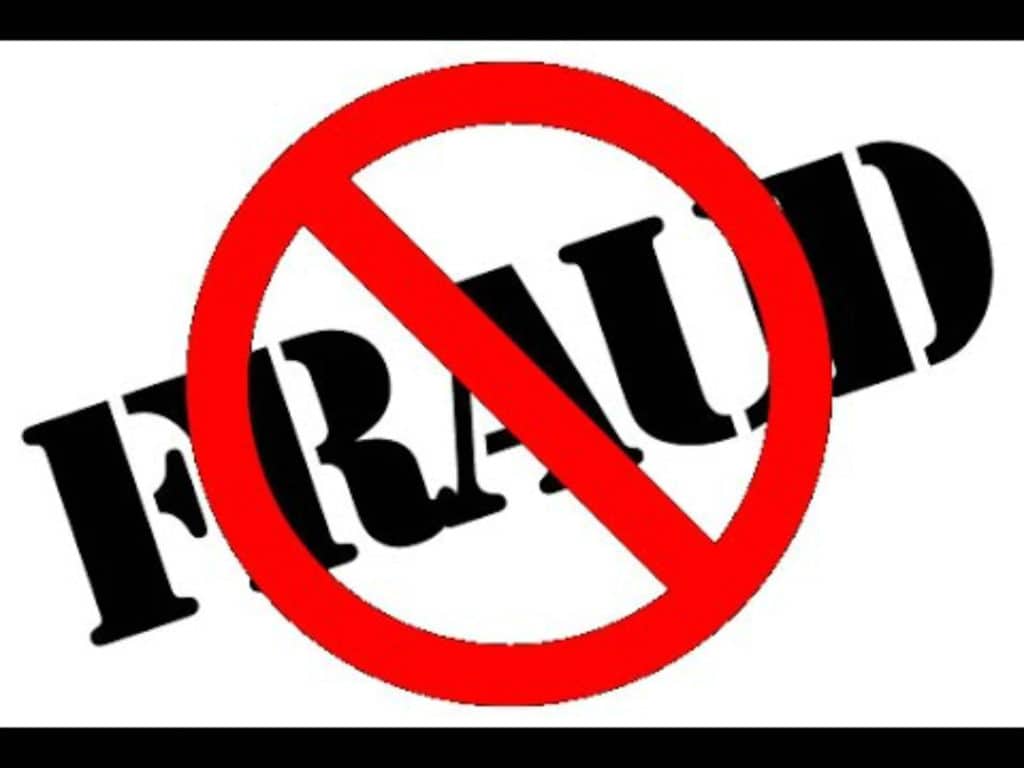Thank you for reading our Brandon's Blog. Check out our AI insolvency bot on this page and don't forget to subscribe!
The Financial Fraud Bankruptcy Case
The bankruptcy financial fraud case that created this important precedent is R. v. Shek. Wilson Chi-Man Shek was charged with six counts under section 198(1)(g) of the Bankruptcy and Insolvency Act (BIA) after he obtained $186,000 on credit and then filed for bankruptcy.
This section of the BIA states:
“after or within one year immediately preceding the date of the first bankruptcy event, hypothecates, pawns, pledges or disposes of any property that the bankrupt has obtained on credit and has not paid for, unless in the case of a trader the hypothecation, pawning, pledging or disposing is in the ordinary way of trade and unless the bankrupt had no intent to defraud,…”
He had received credit from five different credit card companies. He had 13 different credit cards, as well as lines of credit. Shek ran through all this credit by:
- writing cheques;
- obtaining cash advances (some of which happened at casinos while he was gambling and losing); and
- making cash withdrawals on his accounts. His luck and credit ran out and he filed for bankruptcy on Feb. 12, 2013.
The Verdict
Many were amazed when the judge dismissed all charges. It all boiled down to intent to defraud and the lack of ability to prove that Mr. Shek intended to commit financial fraud.
“So one reasonable inference is that Mr. Shek began to gamble, which is legal, with credit that he obtained, which is legal and had no intention to defraud his creditors, but rather hoped as all gamblers do that his luck would turn and he would be able to pay enough to maintain his credit.
This may have been unrealistic given interest charges and the perils of poker and slot machines, but it is Mr. Shek’s true subjective state of mind that is relevant to the words ’unless there is no intent to defraud,’” wrote the judge. “But I genuinely do not know what occurred here about Mr. Shek’s intent when he spent the money that he obtained on credit. It follows that all charges are dismissed.”
The judge’s ruling states that insolvent gamblers who have legitimately obtained credit and believe their luck will turn cannot be convicted of financial fraud. This will no doubt be an important precedent that will impact how some cases are prosecuted under Canada’s bankruptcy law.
What to do if you have too much debt – hint: don’t commit financial fraud!
Please do not test out this precedent! If you are experiencing serious financial difficulties, DO NOT apply for credit cards and lines of credit to get funds to gamble with. This is not the way to solve financial problems. Consult a professional trustee. Ira Smith Trustee & Receive Inc. are experts in dealing with debt. With immediate action and the right financial plan you can be well on your way to a debt free life Starting Over, Starting Now. Give us a call today.

